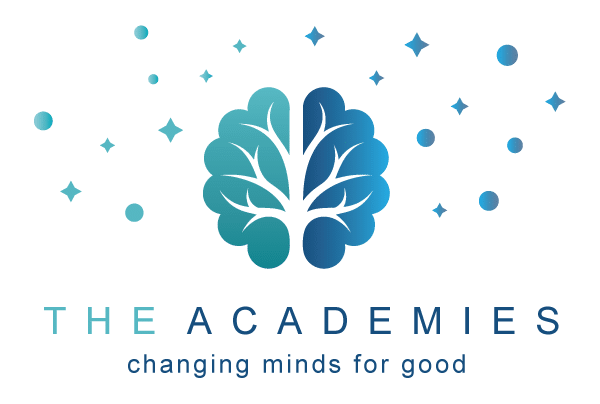I’m enjoying Adam Grant’s book, Think Again. Among the many things I learned was a fun insight that might alleviate some of the Impostor Syndrome attacks that I hear about from so many of my colleagues, and that I encounter myself!
Grant talks in his book about some research that can help us reframe Impostor Syndrome from foe to friend. He mentions the research of Basima Tewfik, now an MIT professor, who studied medical students preparing to begin their clinical rotations. A week before pairing the students up with actors who were presenting symptoms, Tewfik surveyed the students about how often they entertained impostor thoughts, such as “I am not as qualified as others think I am” and “People important to me think I am more capable than I think I am.”
The med students who self-identified with impostor syndrome didn’t do any worse in their diagnoses. They actually did significantly better when it came to bedside manner, AND they were rated as more effective in asking questions and sharing information. Tewfik replicated these results when researching investment professionals, as well.
I am not advocating impostor syndrome, because for some it can be debilitating. Instead, I’m advocating what Grant points to as a benefit: it makes us more likely to ask questions or seek advice when we have those impostor-like doubts.
And from there, our brains and bodies can count on a burst of happy neurochemicals like oxytocin that come from connecting with others, and dopamine from learning new things.
So, next time impostor syndrome strikes, frame it as a cue to connect and get curious, which always ends up sharpening our toolkits and our confidence.
Susan
